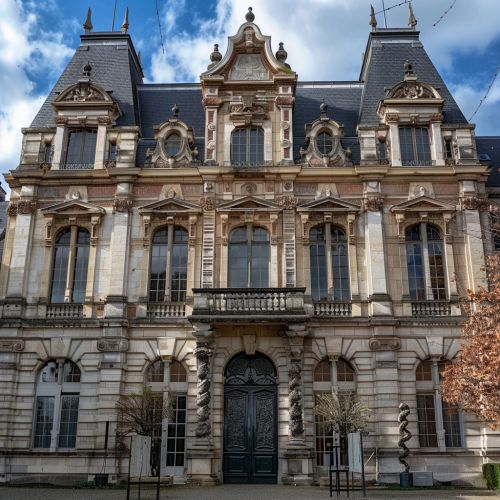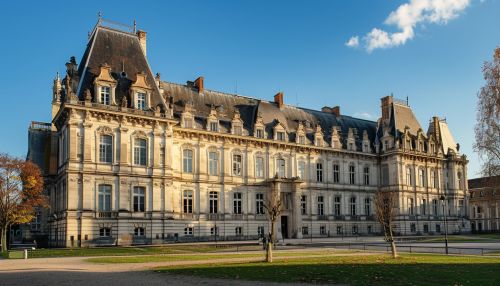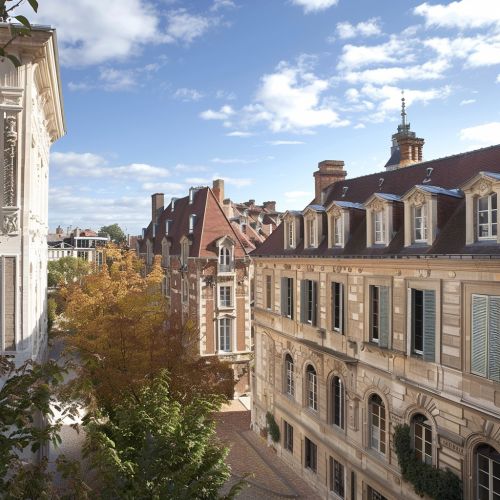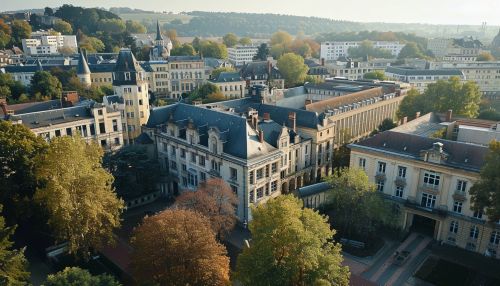University of Nancy
History
The University of Nancy, known in French as Université de Nancy, was established in 1572 in the city of Nancy, under the guidance of Charles III, Duke of Lorraine, and his wife, Claude de Valois. The university was originally a Jesuit institution, focusing on the humanities, theology, and philosophy. It was closed during the French Revolution but was reestablished in 1864 as the "Université de Nancy".


Faculties and Schools
The University of Nancy is divided into three main faculties: the Faculty of Science and Technology, the Faculty of Law, Economics, and Management, and the Faculty of Humanities and Social Sciences. Each faculty is further divided into various schools and departments, offering a wide range of academic programs and research opportunities.
Faculty of Science and Technology
The Faculty of Science and Technology offers undergraduate, postgraduate, and doctoral programs in various disciplines such as physics, chemistry, biology, mathematics, computer science, and earth sciences. The faculty is renowned for its research in nanotechnology, quantum physics, and environmental science.
Faculty of Law, Economics, and Management
The Faculty of Law, Economics, and Management offers programs in law, economics, business administration, and political science. The faculty is known for its rigorous academic standards and its strong emphasis on research and practical training.
Faculty of Humanities and Social Sciences
The Faculty of Humanities and Social Sciences offers programs in languages, literature, history, philosophy, sociology, psychology, and education. The faculty is recognized for its interdisciplinary approach and its commitment to cultural and social research.
Research
The University of Nancy is a leading research institution, with a strong emphasis on interdisciplinary research. The university's research centers and laboratories are involved in a wide range of research areas, including nanotechnology, quantum physics, environmental science, law, economics, languages, literature, history, philosophy, sociology, psychology, and education.
Campus
The University of Nancy's main campus is located in the city of Nancy, in the northeastern part of France. The campus features a mix of historic and modern buildings, providing a unique blend of tradition and innovation. The campus is home to a number of research centers and laboratories, a library, a sports complex, and several student residences.


Student Life
The University of Nancy offers a vibrant student life, with a wide range of cultural, sports, and social activities. The university's sports complex provides facilities for various sports, including football, basketball, tennis, and swimming. The university also has several student clubs and societies, catering to a wide range of interests.
Notable Alumni
The University of Nancy has produced many notable alumni, including Nobel laureates, politicians, business leaders, and academics. Some of the university's most notable alumni include André Lwoff, a Nobel laureate in Medicine; Hubert Curien, a physicist and former French Minister of Research; and Jean-Marie Pelt, a biologist and environmentalist.
